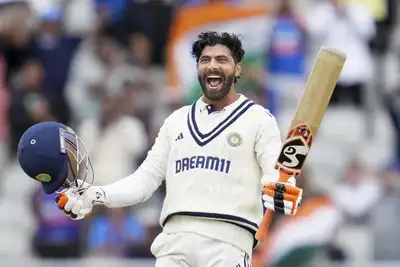“Why did they punish them like this?”, “Who will return my son now”, “How can I trust the security forces anymore?”
In Topa Pir, a hamlet of just 30 households located inside dense forests in Jammuhalf an hour’s trek from the nearest road, there are more questions than answers. It is from here that nine men were picked up on December 22 in the aftermath of a terror attack that left four Army men dead. Three of those taken for questioning were allegedly tortured to death.
“If they wanted to kill them, the Army should have just shot them,” said Nazir Hussain (60), the father of Mohd Showkat (26). “Itna saza deke kyun maara? (Why kill them after so much punishment?).” Showkat’s wife, Kausar Bi, said his body had turned “siyaah” (black) with bruises.
From Buffliaz, in Poonch, a 10 kilometre drive on an under-construction road leads to an unmarked point in the forest where only locals know that the climb to Topa Pir begins. After about 25 minutes of trekking along the edge of the mountain, the first mud houses – surrounding a shrine on top of a steep mountain – start coming into view.
The houses, mostly mud and some with cement plaster, are not more than a floor each. On Thursday, scores of policemen held guard as relatives poured in from neighbouring villages to meet the families and offer condolences as access to the village was permitted for the first time since December 22. Anyone with a smartphone in the village has a picture of the three men, and any child can point you to their homes.

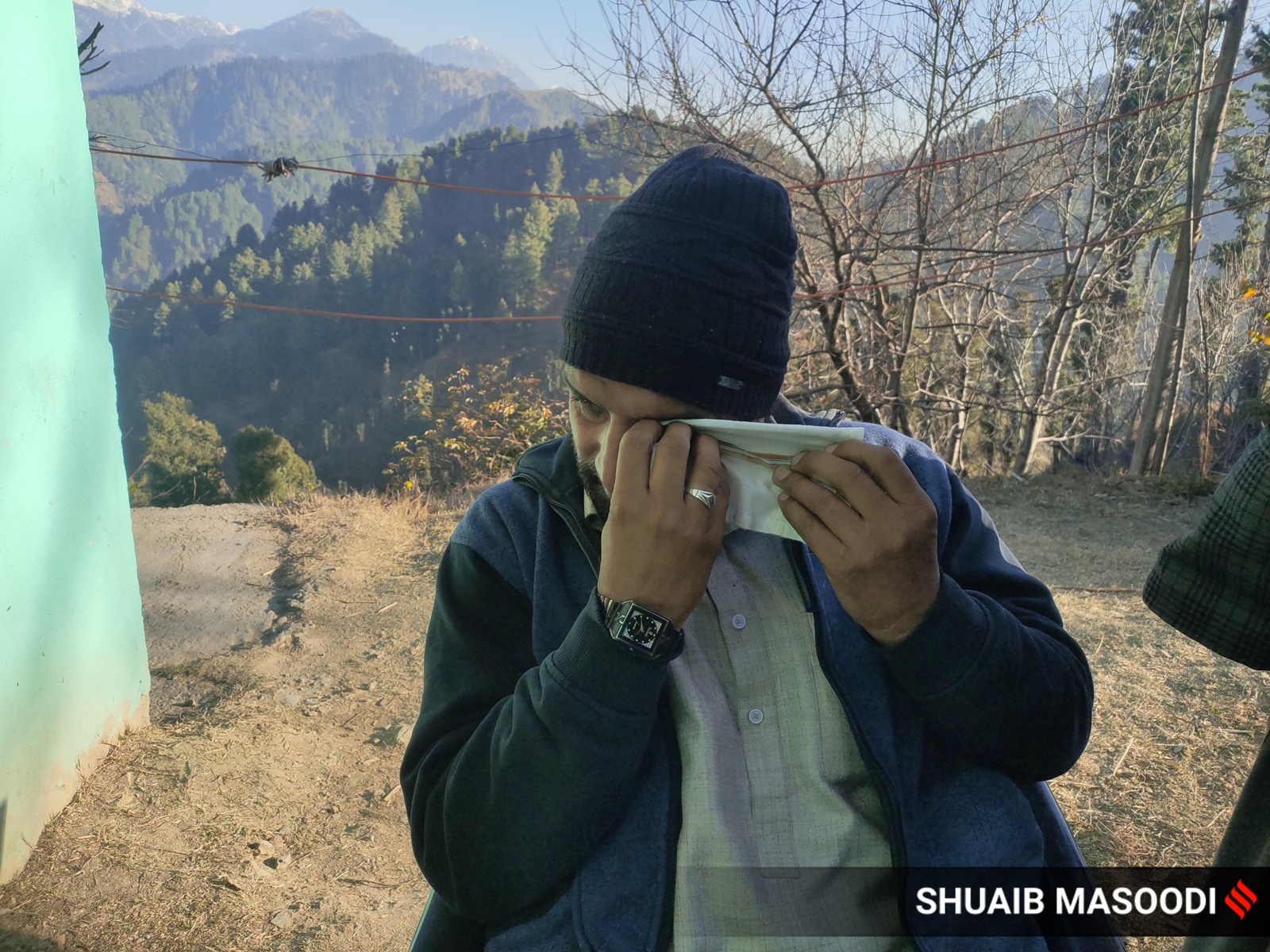
On Tuesday, senior Army officers had paid the homes a visit to assure action in the case, and a day later, the families were taken to meet Defence Minister Rajnath Singh, who promised them justice.
The families recall that on December 22, “about 12 Army men, some in plain clothes, some in uniform” asked Safeer Ahmad and Mohd Showkat to step out of their homes and had the men follow them to the nearby post. Shabir Ahmad and Riyaz were fetching water at a canal away from the village, but as per the family, “they were taken from there itself,” said Shabir’s father Wali Mohammad.
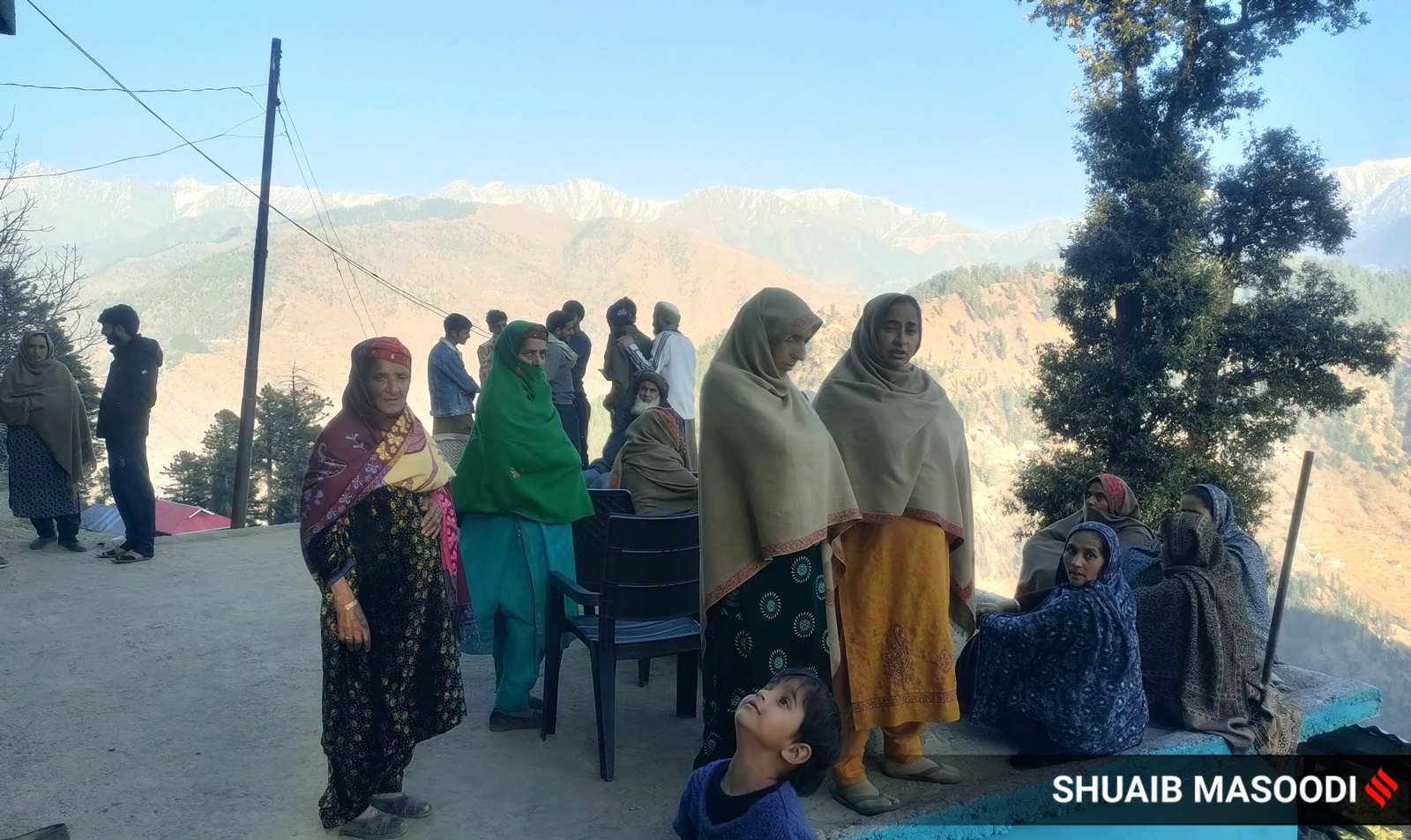
While Safeer, Shabir and Showkat died in custody, Riyaz is currently hospitalised in another part of the district.
A total of nine men were picked up that morning. The oldest, Lal Hussain, is believed to be 85 years old and the youngest 15. The families had anticipated that the men would return in a few hours after routine questioning. “The first person to return that day was Lal Hussain, around 3.30 pm. He said we need to go to the camp and save our children,” said Wali Mohammad (60), Shabir’s father. “The women – his wife and mother and others from families whose men were taken – ran to the nearest Army post. Lal Hussain had narrated to the villagers the scenes of torture he witnessed.”
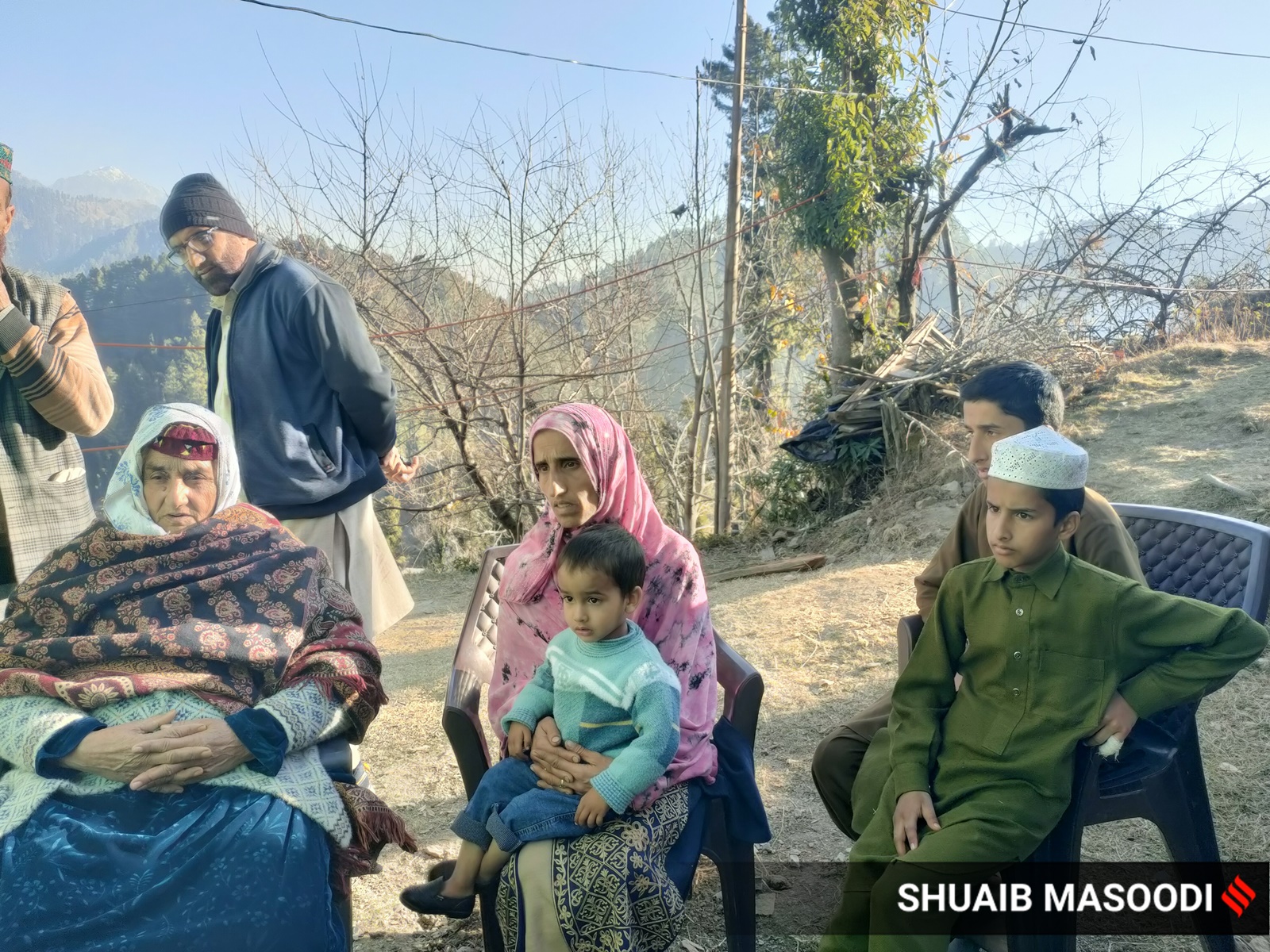
On Thursday, Safeer Ahmed’s wife Zarina and five-year-old daughter Kubra quietly watched the commotion in their house. His mother, Zeenat Bi (76), said, “I was standing next to him when the man in plainclothes asked for his phone and told Safeer to accompany him. He had just got water for the house and we had tea together that morning. Who will return my son now?” Of her four sons and daughters, Safeer was the only one who stayed at Topa Pir, taking care of his ageing parents, wife and four kids, the youngest of whom is two years old.
His brother Noor Ahmed broke down recounting the state in which they received the bodies the next day. “Safeer had cuts on his head, burn marks along his arms and his whole back and had turned black from bruises. Even his eyes were swollen,” he said, adding that he did not let Safeer’s children see their father’s body. “I only let them see his face and we buried him on the patch of land behind the house.”
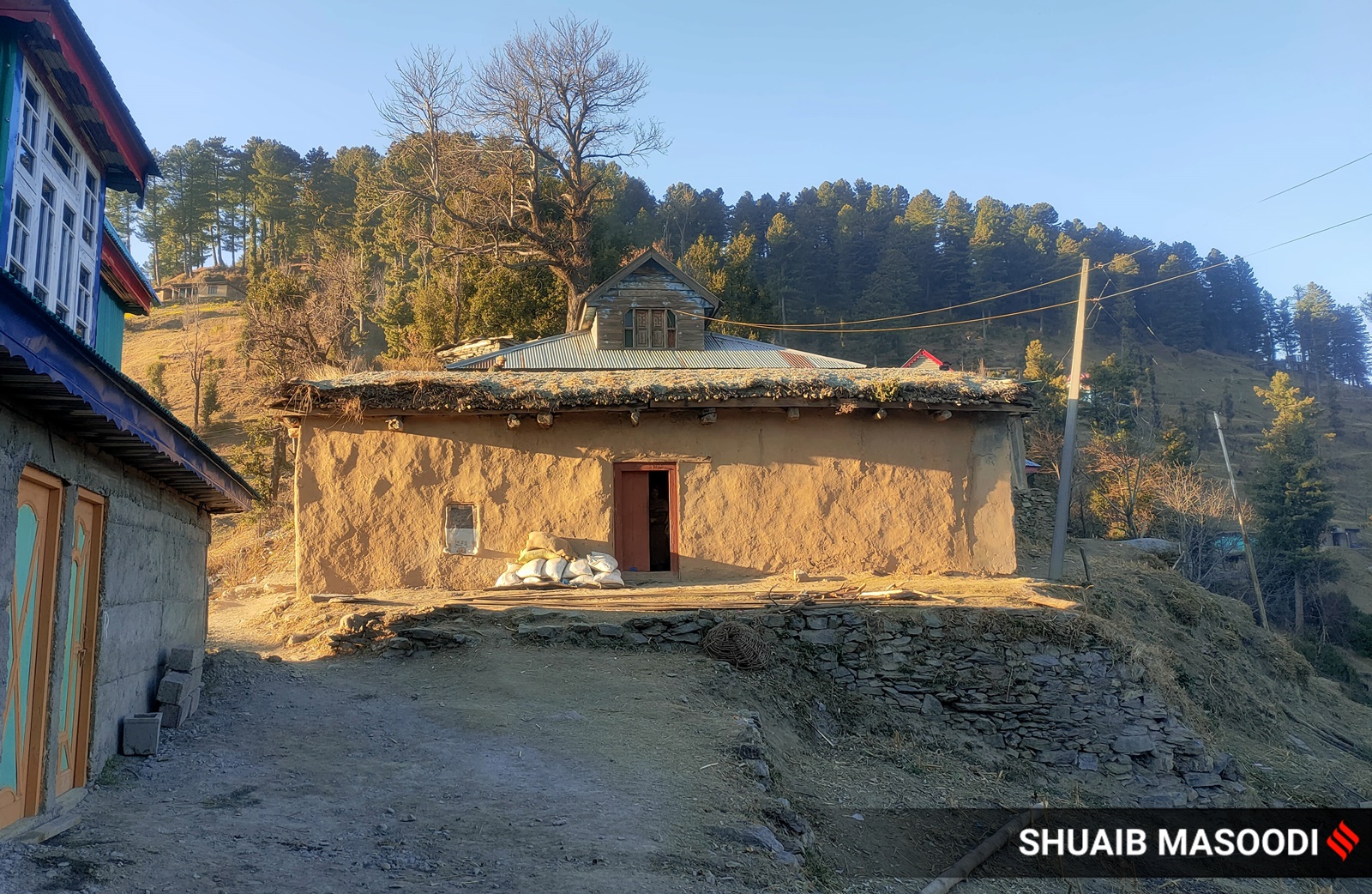
From the top of Shabir’s house, Mohammad Wali, the caretaker of the Topa Pir ziarat, pointed to the jungle in front of the house where gunshots from the militant attack rang out on December 21. “The quiet of this place is rarely broken and we noticed the gunshots. An attack here is unheard of since this is a very remote place,” he said.
The J&K administration has announced a compensation of Rs 20 lakh for each of the families, a plot of land and a government job for the next of kin of the deceased. The Army, sources said, will provide a compensation of Rs 10 lakh.
Safeer’s mother, however, asked: “Bacche ki keemat koi de sakte hai? (Can anyone decide the cost of my child’s life?)” She said that his body came wrapped up in a blanket, and his clothes have not yet been returned to the family.
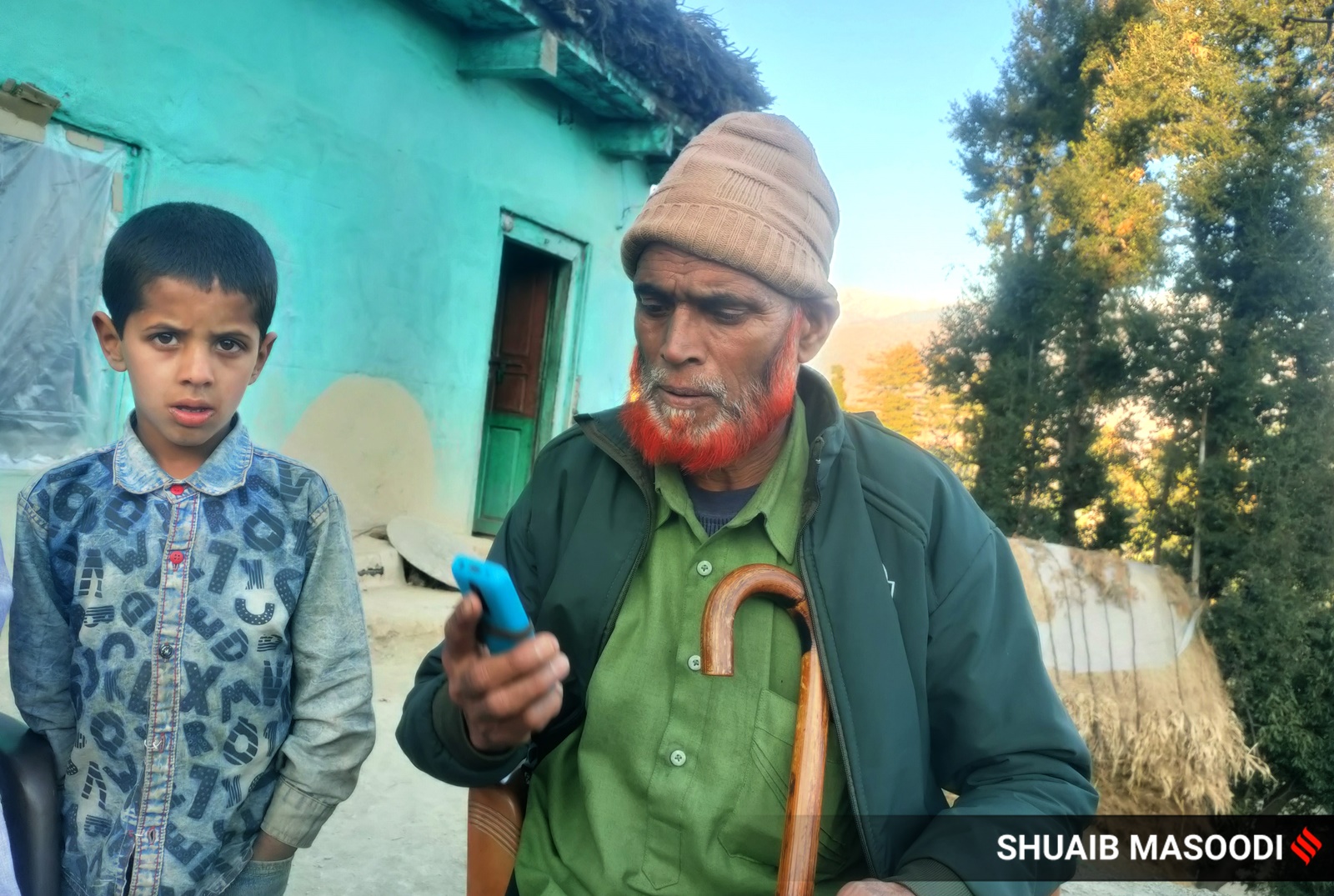
The cold comfort, families said, is that they were able to bury the bodies – “in whatever state”. They said that as they were looking for them at the three different Army posts within 12 kilometres of their village, they were apprehensive the men would be “labelled militants and never be seen again”.
The community, largely resigned to the highest and toughest regions of Jammu and Kashmir, has held a relationship of trust with the Army. Which is why, on December 22, no one in Topa Pir initially suspected that the men would not return home. “I am afraid for myself and my other son as well now. How will I trust them anymore?” asked Nazir Hussain.
Shabir’s father said his son worked as a labourer in Saudi Arabia for five years before coming home. “He was diabetic; he said mujhse ab mazdoori nahin hoti (I can’t do hard labour anymore).” Eyes filled with tears, he added, “He returned to a place where no one returns, only to die such a brutal death.”





